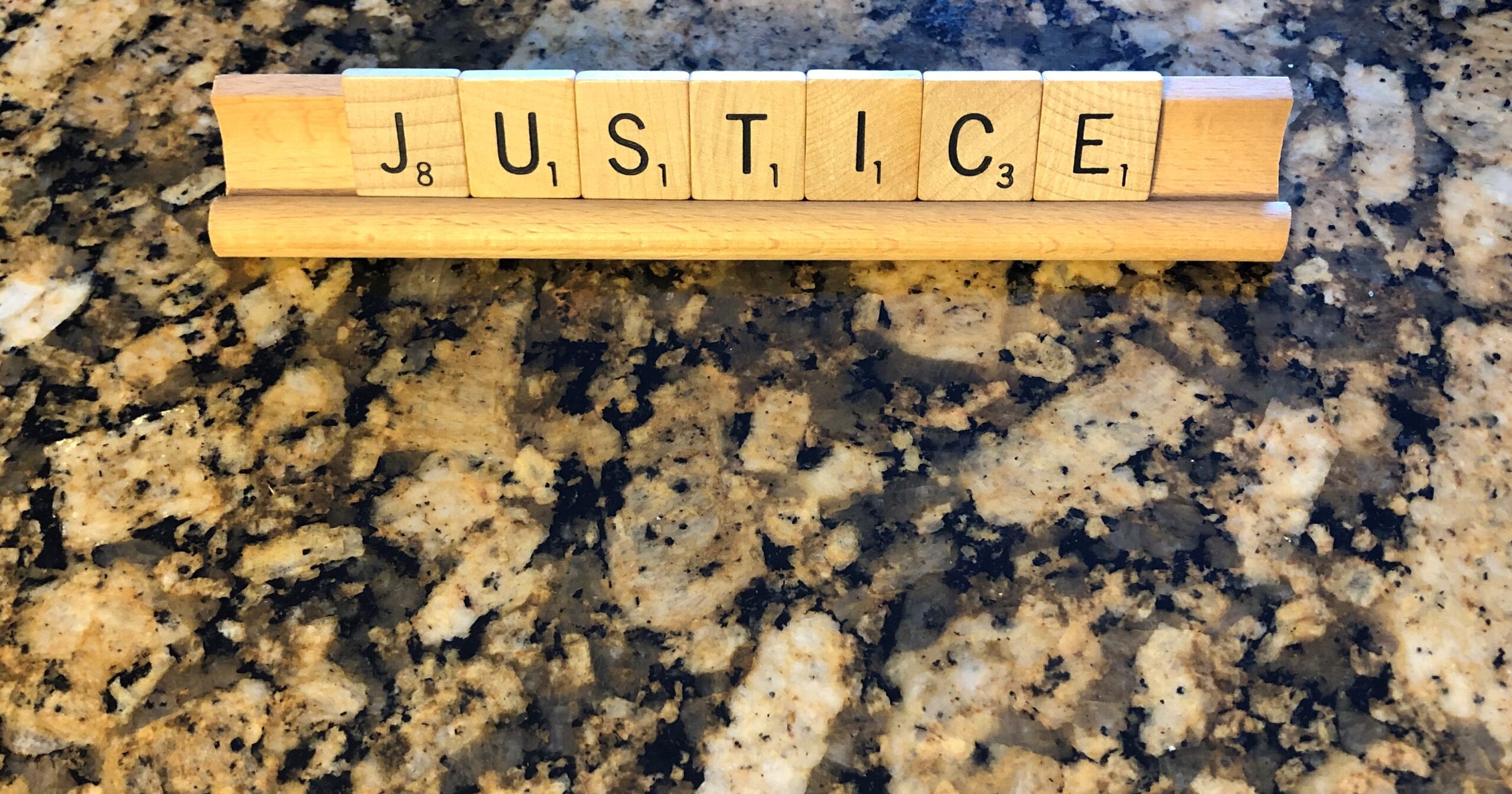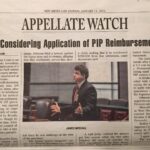James C. Mescall Argues Before New Jersey Supreme Court
The firm procured a $1 million dollar settlement for its client. Karon Johnson, who was 20 years old at the time of his accident. Karon purchased a bottle of vodka from a liquor store. He drank the liquor and ran his vehicle through a fence and into a tree receiving serious injuries which paralyzed him from the waist down. Since he was allowed to purchase alcohol despite being underage, the firm asserted a claim against the package store. There were no witnesses to the purchase, and Johnson did not have a receipt. Any video of the transaction was recycled prior to the date the firm was retained to represent Johnson. The liquor store denied making the sale. However, the firm’s investigation revealed several people who had purchased liquor, while underage, from the same liquor store. The insurance company for the defendant offered the full liquor liability policy, in the amount of $1,000,000.00 in settlement, which Johnson agreed to accept. However, Geico Insurance Company, which provided the no-fault medical insurance covering the vehicle Johnson was operating at the time of the accident, had paid $250,000.00 of Johnson’s medical bills. Geico asserted a claim to “claw back” the $250,000.00 in medical benefits paid from the settlement proceeds, pursuant to N.J.S.A. 39:6A-9.1. The disputed funds were placed in escrow and this issue alone was litigated.00 of Johnson’s medical bills. Geico asserted a claim to “claw back” the $250,000.00 in medical benefits paid from the settlement proceeds, pursuant to N.J.S.A. 39:6A-9.1. The disputed funds were placed in escrow and this issue alone was litigated.00 of Johnson’s medical bills. Geico asserted a claim to “claw back” the $250,000.00 in medical benefits paid from the settlement proceeds, pursuant to N.J.S.A. 39:6A-9.1. The disputed funds were placed in escrow and this issue alone was litigated.
After Johnson’s accident the New Jersey Legislature amended the law to prevent a no-fault insurer from “clawing back” no-fault benefits where an injured person was not “fully compensated” by the available liability insurance proceeds. The Legislature did not explicitly indicate whether the statutory amendment applied to cases which were pending or only to “new” accidents which occurred after the date the amendment was passed into law. After obtaining transcripts of the legislative hearings, Mescall argued that the Legislature intended the amendment to be “retroactive” and apply to cases which were pending, such as Johnson’s, at the time the amendment became law. The case proceeded through both the Law Division and the Appellate Division of the New Jersey Superior Court. When Geico prevailed, Mescall appealed to the New Jersey Supreme Court.
The case Johnson vs. Roselle EZ Quick, LLC, et. al., Docket #: 07504, was argued by James Mescall before the New Jersey Supreme Court on January 5, 2016. The court recognized that the New Jersey legislature had not specifically stated whether the amendment to the statute was to have retroactive or prospective effect. Under these circumstances the Supreme Court applied the general rule of construction, that unless specifically stated, new legislation was to have only prospective application. The firm was willing to take a difficult case for a client whose conduct contributed to his accident and bring the matter all the way to the New Jersey Supreme Court obtaining significant, if not complete, compensation for the firm’s client.
Read coverage in the New Jersey Law Journal from 1/11/16:


